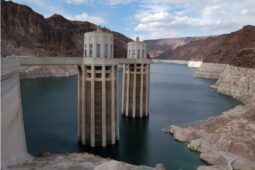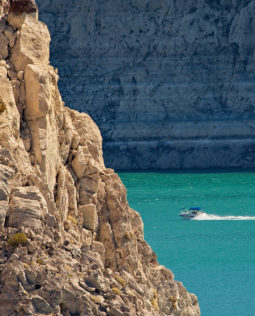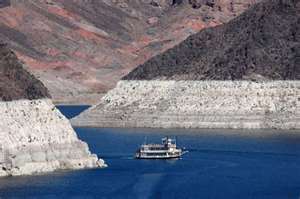
Credit: Research Gate
Colorado River: Promise and Peril (start time: 6:28) For more than two decades the Colorado River has been shrinking, afflicted by climate change-induced drought, population growth, and water politics. Some 40 million people living in seven states, and 30 tribes, depend on the river. The Upper Basin — Colorado, Utah, Wyoming and New Mexico– have been at odds with Lower Basin states – California, Nevada and Arizona — over who should do more to cut back on water use. Meanwhile, here in Colorado, cities and towns on the Front Range have been clashing with those on the Western Slope over water from the river. After all, Front Range cities get almost half of their water from the Western Slope, through transmountain diversions. In this week’s show, host Susan Moran interviews two journalists who have been covering water issues in the West. They recently produced a feature on a surprising new water-rights purchase that could ease west-vs-east tensions, while giving endangered fish a leg up. Alex Hager is a reporter covering the Colorado River Basin for KUNC and many NPR network stations. Luke Runyon is co-director of The Water Desk, an initiative of the Center for Environmental Journalism at CU Boulder. Previously he was managing editor and a reporter at KUNC.
Host/Producer: Susan Moran
Engineer: Sam Fuqua
Headline contributors: Joel Parker, Shelley Schlender
Executive Producer: Joel Parker
Listen to the show here:
Podcast: Play in new window | Download (Duration: 29:06 — 40.0MB)
Subscribe: RSS





